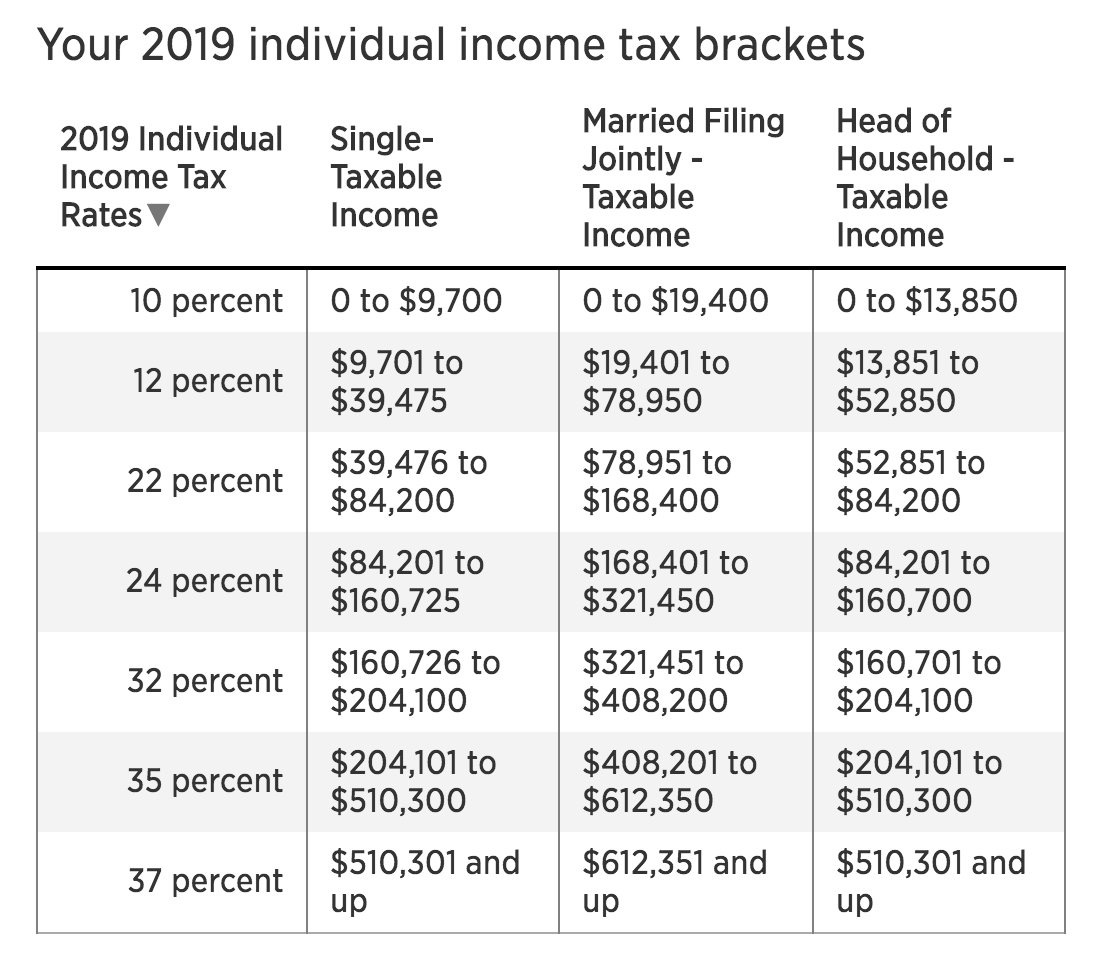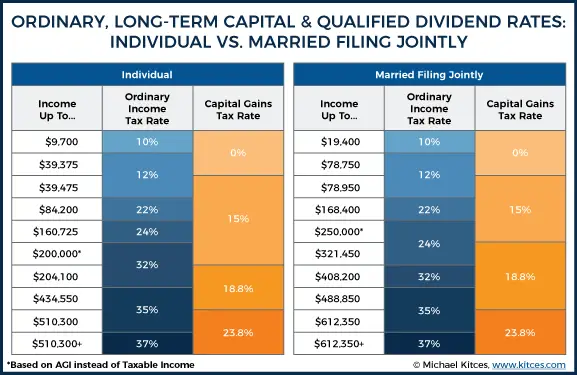
Besides this taxable income from the primary residency, tax deductions related to the primary residency are available. For dwellings with a value exceeding EUR1,090,000, a rate of 2.35% applies on the excess. For dwellings with a value exceeding EUR75,000, in general, a rate of 0.6% applies to calculate the deemed rental value. Income from a primary residence - The owner of a primary residence is taxed on the deemed rental value of the residence which is determined based on the so-called “real estate valuation act,” which aims to reflect fair market value. Exemptions are made, among others, in the tax treaties with Switzerland and the United Kingdom. Tax treaties entered into by the Netherlands generally grant the right to tax this income in the resident country of the company that pays the directors’ fees. These rules do not apply if the salary at arm’s length of the employee/shareholder does not exceed the amount of EUR5,000 a year.Ī non-resident receiving income as a director of a company resident in the Netherlands is subject to Dutch income tax. However, if the tax authorities can prove that a salary at arm’s length would be higher than EUR46,000, the director’s salary must equal at least 75% of the salary at arm’s length (with a minimum of EUR46,000) and at least as much as 100% of the highest salary of other non-shareholder employees. A lower amount may be taken into account for a shareholder who can prove that his or her actual salary at arm’s length is less than EUR46,000. Annual profit is reduced by related business expenses, and taxable income is then determined by subtracting the deductions and the personal allowances.ĭirectors’ fees - Directors’ fees are treated as ordinary employment income.Īn employee who is a 5% or greater shareholder is deemed to earn a salary of at least EUR46,000 a year. Self-employment income - Annual profit derived from a business must be calculated in a consistent manner and in accordance with sound business practices.
Capital gains tax brackets 2020 full#
A non-resident who is employed by a Dutch employer and is working in the Netherlands for part of the time may be liable to tax in the Netherlands on the full remuneration received from the employer.

A non-resident who is employed by a Dutch public entity is also subject to Dutch income tax, even if the employment is carried on outside the Netherlands. Under this rule, the Netherlands gives up its right to levy tax on employment income if the employee works in the Netherlands less than 60 days in any 12-month period. In certain situations involving multinational companies, the so-called 60-days rule applies. This facility exempts 30% of certain employment income from taxation.Ī non-resident individual receiving income from employment actually carried on in the Netherlands is subject to Dutch income tax. Expatriates may qualify for a special tax regime, the 30% facility. This scheme has a major impact on employment conditions policy as a whole.

The system of tax-free employment benefits and allowances is embodied in the work-related costs scheme. Some allowances for expenses may be paid as a tax-free allowance, subject to certain limitations and restrictions. Housing allowances may be taxable in certain situations.

Penalty taxes for employers can apply for excessive severance payments (rate of 75%) and certain early retirement payments (rate of 52%).Įmployment income - Employment income includes salaries, wages, pensions, stock options, bonuses and allowances (for example, home leave and cost-of-living). The wage tax paid serves as an advance payment of the final income tax payable. Wage tax is levied throughout the year (pay-as-you-earn) on employment income and directors’ fees if a Dutch wage tax withholding agent is available. Tax on income in Box 1 is levied at progressive tax rates, with a maximum tax rate of 49.5% on income over EUR68,507. Profits received from personal business operations, from independent personal services and from certain shares of partnership income are taxed as business profits. Box 1 income includes employment income, business profits and income from a primary residence.


 0 kommentar(er)
0 kommentar(er)
